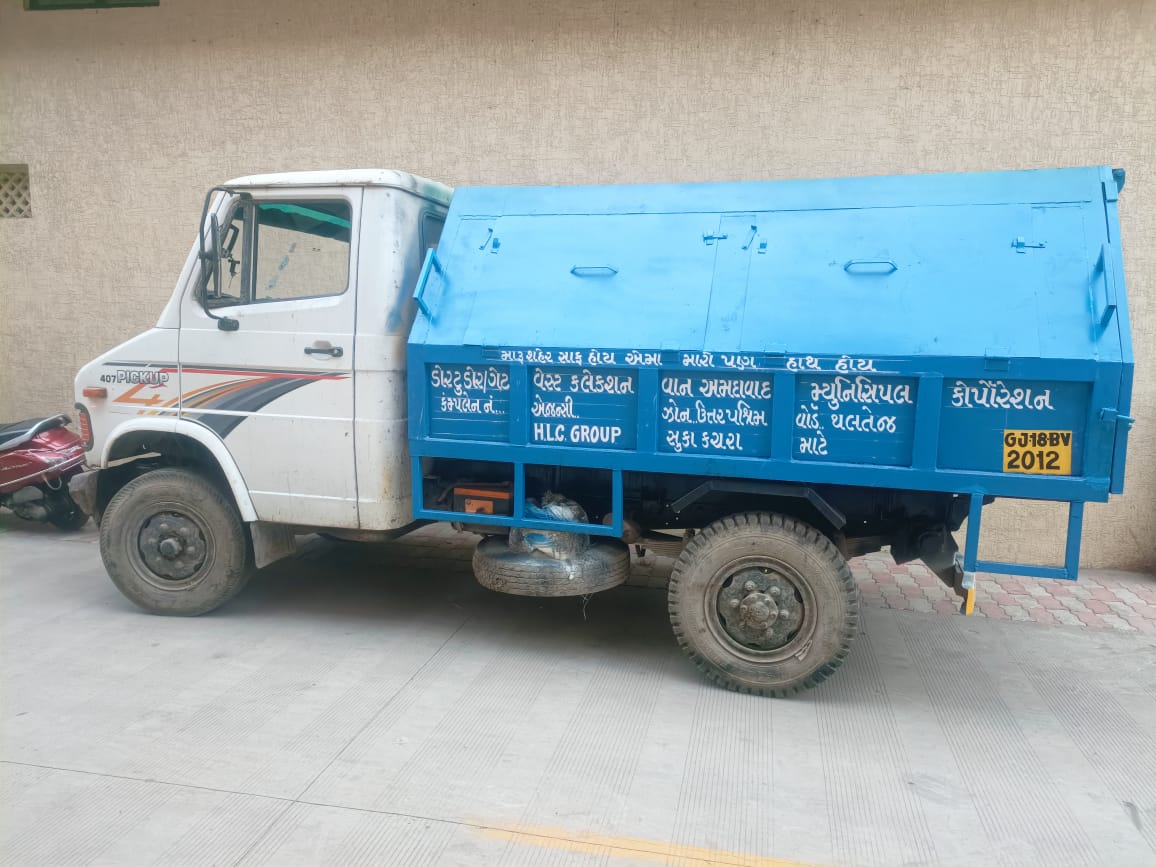Waste Management Vehicles: Streamlining Sustainable Waste Solutions.
Waste management vehicles are essential tools in the efficient collection, transportation, and disposal of waste materials. These vehicles come in various types and serve diverse applications, contributing to cleaner, healthier communities and more sustainable waste management practices. Let's explore the key content and applications of waste management vehicles, highlighting the benefits they bring to the field of waste management.
Content:-
- Diverse Vehicle Types: Waste management vehicles encompass a range of specialized vehicles, including garbage trucks, compactors, recycling trucks, vacuum trucks, and more.
- Advanced Technology: Many waste management vehicles incorporate advanced technology, such as hydraulic systems for efficient waste collection, GPS tracking for route optimization, and automation for enhanced productivity.
- Customization: Manufacturers offer customization options to tailor vehicles to the specific needs of different regions, waste types, and collection requirements.
- Environmental Considerations: Some waste management vehicles are designed to be environmentally friendly, with options for alternative fuels, emission control systems, and noise reduction features.
- Safety Features: Safety is a priority, with vehicles equipped with safety features to protect both sanitation workers and the public during waste collection and transport operations.
Applications:-
- Municipal Waste Collection: Waste management vehicles are commonly used by municipalities for collecting and transporting household waste, ensuring regular and efficient waste disposal services for residents.
- Commercial Waste Collection: These vehicles are employed for collecting waste from commercial areas, markets, shopping complexes, and businesses, maintaining clean and hygienic public spaces.
- Recycling: Recycling trucks are dedicated to collecting recyclable materials, such as paper, glass, plastic, and metals, supporting recycling programs and reducing landfill waste.
- Industrial Waste Handling: Specialized waste management vehicles handle industrial waste, including hazardous materials, chemicals, and heavy debris, ensuring safe and compliant disposal.
- Hospital Waste Management: Customized vehicles are used for the safe and hygienic collection and transport of medical waste from healthcare facilities.
- Construction and Demolition Cleanup: Waste management vehicles play a crucial role in collecting and transporting construction debris and waste from construction sites, contributing to safety and cleanliness.
- Public Event Cleanup: During public events, these vehicles help maintain cleanliness and manage waste generated by large gatherings and festivals.
Benefits:-
- Efficient Waste Management: Waste management vehicles streamline waste collection and transport operations, contributing to cleaner urban environments.
- Sustainability: Recycling trucks and environmentally friendly options reduce the environmental impact of waste management.
- Public Health: Hygienic waste collection and disposal minimize the risk of contamination and promote public health.
- Cost Savings: Advanced technology, customization, and optimized routes can lead to cost savings for municipalities and waste management authorities.
- Versatility: The wide range of waste management vehicles allows for versatility in handling different waste types and collection requirements.
- Reduced Environmental Impact: Eco-friendly features reduce emissions, noise pollution, and the overall environmental footprint of waste management operations.
Conclusion:-
Waste Management Vehicles are essential assets for municipalities, waste management authorities, and sanitation departments. They enable efficient waste collection and transport, reduce environmental impact, and contribute to cleaner, healthier communities. These vehicles play a pivotal role in modern waste management, ensuring that waste materials are handled safely and responsibly.

